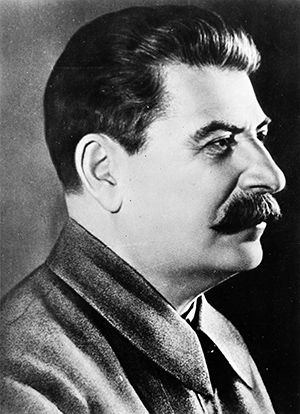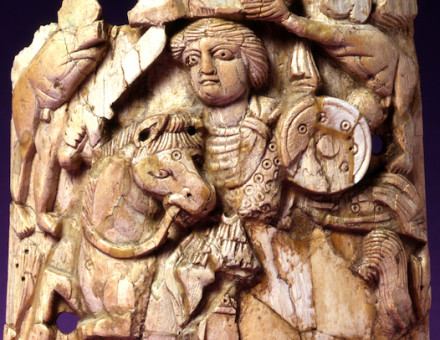Stalin’s Resurrection
Recent episodes in Russia paint a disturbing picture in which the Little Father’s actions and legacy are undergoing rehabilitation, says Emily Whitaker.

Since Josef Stalin’s death in 1953, and especially following the fall of the Soviet Union in the early 1990s, historians and the public worldwide have been united in condemnation of the Soviet leader and his regime. His ruthlessness, the purges, gulags and famines that left millions of his own people dead have meant that at best he has been viewed as a necessary evil, in recognition of his drive to modernise and industrialise the USSR. Yet, in spite of the millions who suffered and died as a result of his policies, Stalin has long been revered in Russia for leading the country to victory against the Nazis in the ‘Great Patriotic War’, an achievement which was remembered during 60th anniversary celebrations in 2005.





